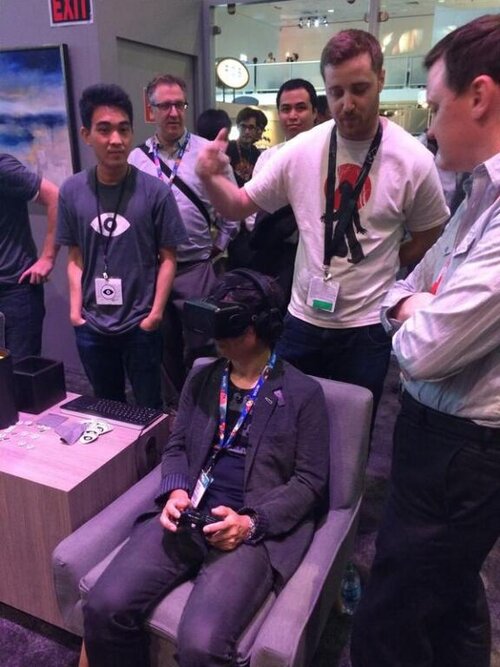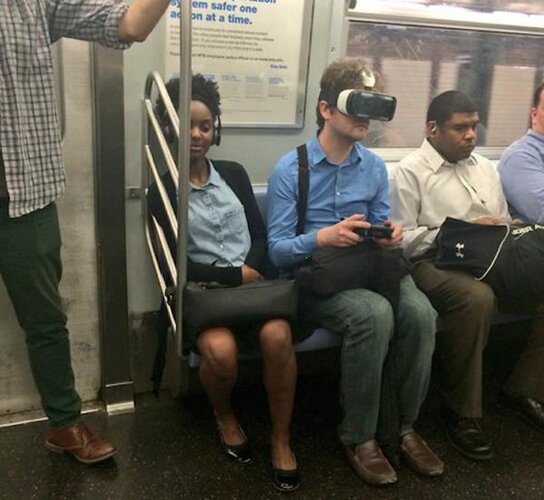"The history of our industry is that every 10 or 15 years there's a new major computing platform, whether it's the PC, the web or now mobile. History suggests that there will be more platforms to come and that whoever builds and defines these, will not only shape all the experiences that our industry builds, but will also benefit financially and strategically."He went on, "Mobile is the platform of today, and now we're starting to also get ready for the platforms of tomorrow. To me, by far the most exciting future platform is around vision - modifying what you see to create augmented and immersive experiences."
Zuckerberg sees the purchase of Oculus as the firm's gateway to the future of VR and its penetration not just into gaming by into VR as part of people's everyday lifestyles.
"Today's acquisition is a long-term bet on the future of computing," said Zuckerberg. "I believe Oculus can be one of the platforms of this future. Immersive gaming is the first big opportunity."
He later added, "But gaming's just the start. After games, we're going to make oculus a platform for many other experiences. Imagine enjoying a court side seat at a game, studying in a classroom of students and teachers all over the world, consulting with a doctor face-to-face or going shopping in a virtual store where you can touch and explore the product you're interested in, just by putting on goggles in your own home."
Zuckerberg's sentiments were shared by Oculus co-founder Palmer Luckey, who said in a statement on Tuesday, "Oculus' somewhat unpredictable future just became crystal clear: virtual reality is coming, and it's going to change the way we play games forever."



